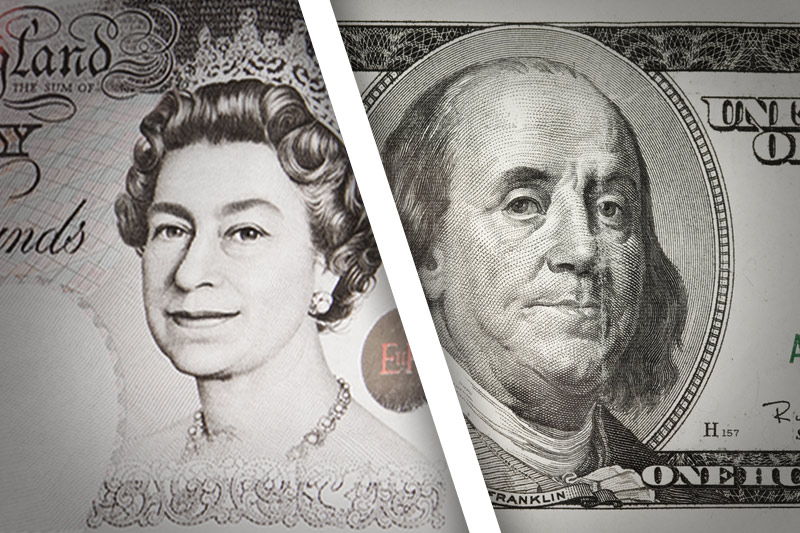Investing.com’s stocks of the week
Investing.com - The pound extended modest gains against the U.S. dollar on Tuesday on the back of speculation over a ‘soft’ bailout for Spain, but trailed a broad-based risk rally as concerns over the prospects for more easing by the Bank of England weighed.
GBP/USD hit 1.6132 during European afternoon trade, the pair’s highest since October 18; the pair subsequently consolidated at 1.6123, gaining 0.33%.
Cable was likely to find support at 1.6059, the session low and near-term resistance at 1.6141, the high of October 18.
Markets rallied after two senior German lawmakers indicated that they would support a Spanish application for a ‘precautionary credit line’ from the European Stability Mechanism, the euro zones permanent bailout fund.
On Monday, Spanish government officials said they were exploring the option of requesting a credit line from the ESM, in order to satisfy the terms of the European Central Bank’s bond buying program, but then not using it, instead waiting for borrowing costs to fall.
But the pound remained under pressure after U.K. data showing a slowdown in consumer inflation last month left the BoE leeway to ease monetary policy further.
The Office for National Statistics said Tuesday the annualized rate of consumer price inflation dropped to 2.2% in September, the lowest since November 2009, down from 2.5% in August.
Investors were looking ahead to U.K. data on employment and retail sales, as well as BoE minutes later in the week.
The pound fell to a one-month low against the euro, with EUR/GBP up 0.45% to 0.8094.
Later in the day, the U.S. was to release government data on industrial production.
GBP/USD hit 1.6132 during European afternoon trade, the pair’s highest since October 18; the pair subsequently consolidated at 1.6123, gaining 0.33%.
Cable was likely to find support at 1.6059, the session low and near-term resistance at 1.6141, the high of October 18.
Markets rallied after two senior German lawmakers indicated that they would support a Spanish application for a ‘precautionary credit line’ from the European Stability Mechanism, the euro zones permanent bailout fund.
On Monday, Spanish government officials said they were exploring the option of requesting a credit line from the ESM, in order to satisfy the terms of the European Central Bank’s bond buying program, but then not using it, instead waiting for borrowing costs to fall.
But the pound remained under pressure after U.K. data showing a slowdown in consumer inflation last month left the BoE leeway to ease monetary policy further.
The Office for National Statistics said Tuesday the annualized rate of consumer price inflation dropped to 2.2% in September, the lowest since November 2009, down from 2.5% in August.
Investors were looking ahead to U.K. data on employment and retail sales, as well as BoE minutes later in the week.
The pound fell to a one-month low against the euro, with EUR/GBP up 0.45% to 0.8094.
Later in the day, the U.S. was to release government data on industrial production.
